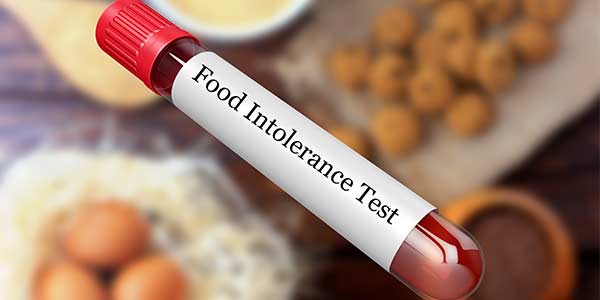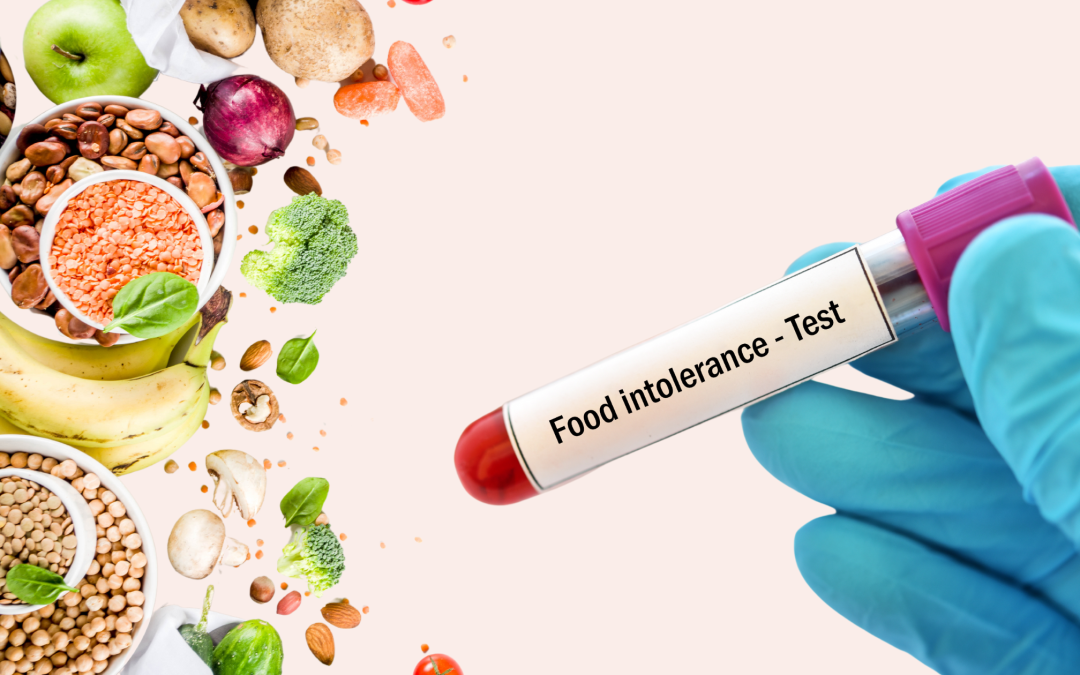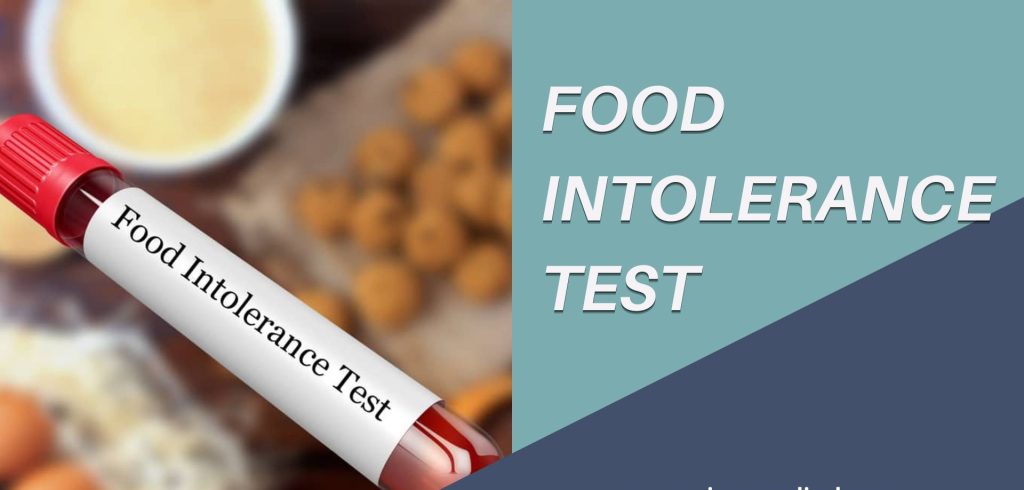Food Intolerance Test Near Me, Food intolerance testing can be an eye-opening step for those looking to understand how their body responds to various foods.
If you often experience symptoms like bloating, fatigue, or digestive discomfort after meals, a local food intolerance test may offer insights into specific foods that could be causing these reactions.
By identifying food intolerances, these tests help individuals make more informed dietary choices, potentially improving their overall well-being and alleviating troublesome symptoms.
Many facilities offer convenient options for food intolerance testing, including quick assessments and detailed reports that pinpoint intolerances and sensitivities.
Understanding Food Intolerance Testing: What You Need to Know

Unlike food allergies, intolerances can be tricky to identify. Recent research indicates that proper testing can help 85% of sufferers significantly improve their quality of life within weeks of identifying problem foods.
Related: Korean Food Store Near Me – Explore Authentic Finds!
Types of Food Intolerance Tests Available
Blood Tests
- IgG antibody testing
- Cell mediator release testing
- Complete blood count
- Enzyme testing
Other Testing Methods
- Elimination diets
- Breath testing
- Hair analysis
- Skin prick tests
- Bioelectrical testing
Finding the Right Testing Facility
What to Look For
- Accredited laboratories
- Licensed healthcare providers
- Comprehensive testing panels
- Clear result interpretation
- Follow-up support
Red Flags to Avoid
- Unrealistic promises
- Excessive costs
- Limited testing panels
- No medical oversight
- Lack of credentials
Cost Breakdown (2024 Averages)
Basic Testing
- Simple panel: $100-200
- Consultation: $50-150
- Results review: $75-125
Comprehensive Testing
- Full panel: $300-600
- Medical consultation: $150-250
- Follow-up care: $100-200

Common Food Intolerances
Most Frequently Tested Items
- Dairy (lactose)
- Gluten
- Eggs
- Soy
- Nuts
- Shellfish
- Artificial additives
Preparing for Your Test
Before Testing
- Continue normal eating habits
- Bring medication list
- Fast if required
- Stay hydrated
- Avoid alcohol
During Testing
- Follow instructions precisely
- Document symptoms
- Ask questions
- Take notes
- Schedule follow-up
Making the Most of Your Results
Action Steps
- Create an elimination plan
- Keep a food diary
- Work with professionals
- Join support groups
- Monitor progress
Implementation Tips
- Start gradually
- Read labels carefully
- Plan meals ahead
- Prepare safe alternatives
- Communicate with family
Success Stories
Mary’s Story: “After years of unexplained fatigue and bloating, my food intolerance test revealed surprising sensitivities. Three months later, I feel like a new person!”
The Impact of Food Intolerance Testing
Statistics show that proper testing leads to:
- 70% reduction in symptoms
- 85% improvement in energy levels
- 60% better sleep quality
- 75% enhanced mood
- 90% increased overall wellbeing
Frequently Asked Questions About Food Intolerance Test Near Me
What is a food intolerance test?
A food intolerance test is designed to identify specific foods that may cause adverse reactions in your body. Unlike food allergies, intolerances generally produce symptoms like bloating, gas, and stomach discomfort rather than life-threatening reactions.
How do food intolerance tests work?
Most tests assess your body’s response to a variety of foods by measuring levels of specific antibodies or other markers in your blood or saliva. Some tests also use elimination and reintroduction diets under professional supervision.
What symptoms might indicate a food intolerance?
Common symptoms include bloating, gas, diarrhea, skin issues, headaches, and fatigue. If you notice a recurring issue after eating certain foods, a test might help identify the cause.
Where can I find a Food Intolerance Test Near Me?
Many local clinics, nutritionists, dietitians, and even some pharmacies offer food intolerance testing. Home-testing kits that you can mail to a lab are also widely available. Searching online for providers in your area or checking with local health providers is a good start.
How accurate are food intolerance tests?
Accuracy varies by test type. Blood-based tests measuring IgG antibodies are popular but are debated among experts. Consultation with a healthcare provider helps ensure you choose a reputable test and understand the results.
Conclusion About Food Intolerance Test Near Me
Food intolerance tests are becoming widely accessible and can be a helpful tool for individuals who experience discomfort after eating certain foods.
If you’re considering taking a Food Intolerance Test Near Me, it’s essential to look for reputable clinics or providers that use scientifically backed methods.
These tests can offer insights into how your body reacts to different foods, but it’s important to remember that they aren’t a replacement for professional medical advice.
A test result can guide dietary adjustments, but consulting a healthcare provider can ensure you address any food-related issues holistically and safely. Taking this step could lead to improved comfort, digestion, and overall well-being.

